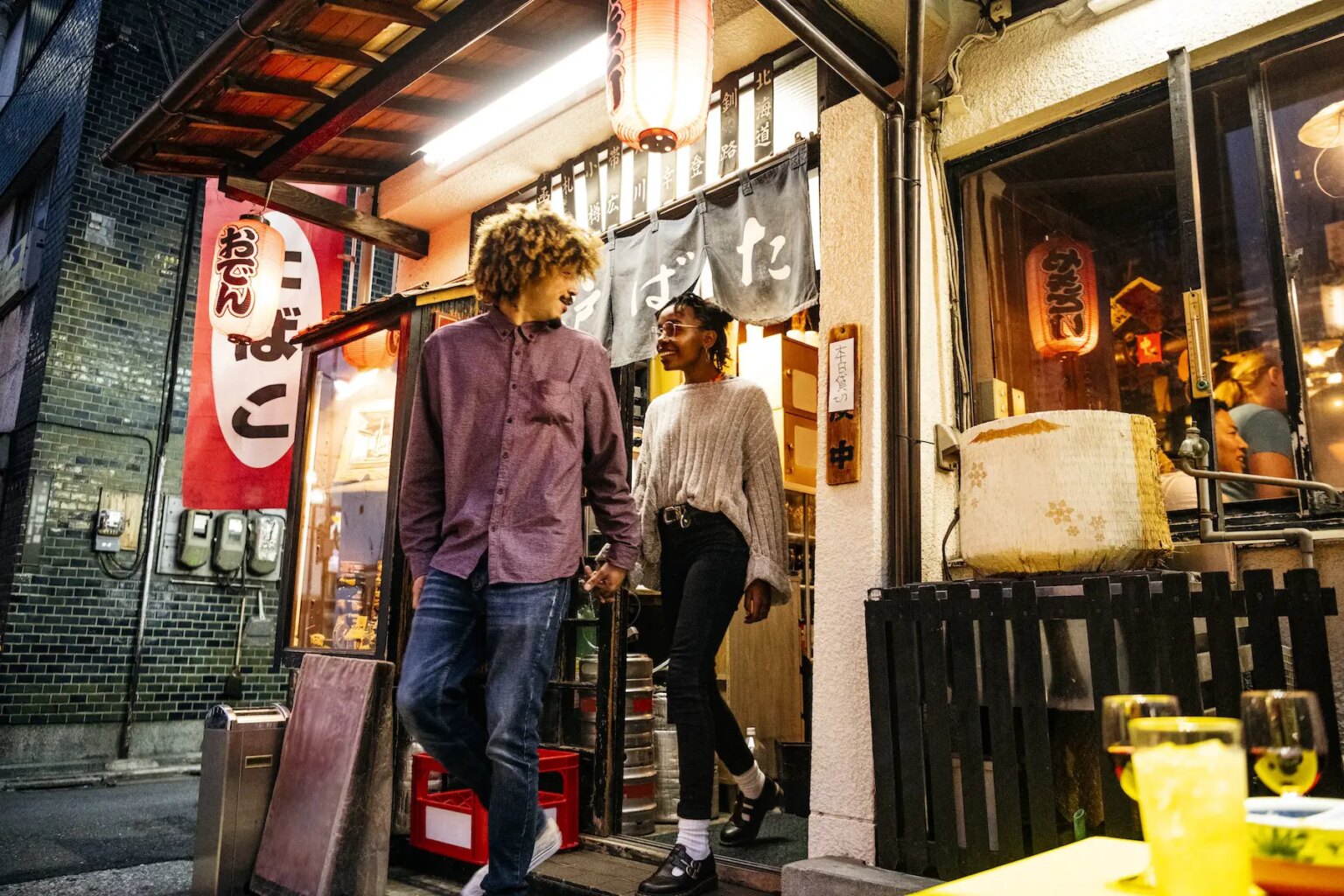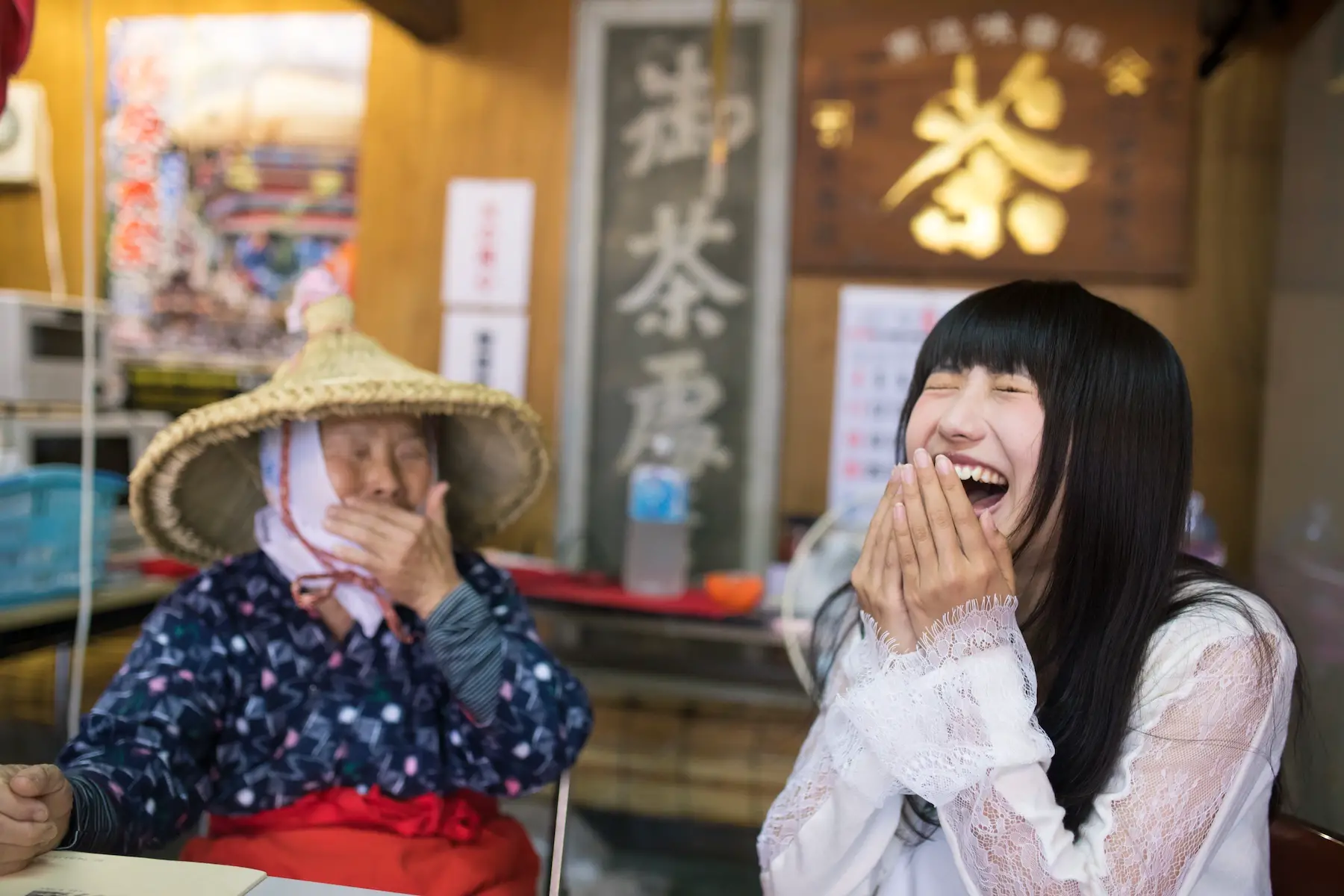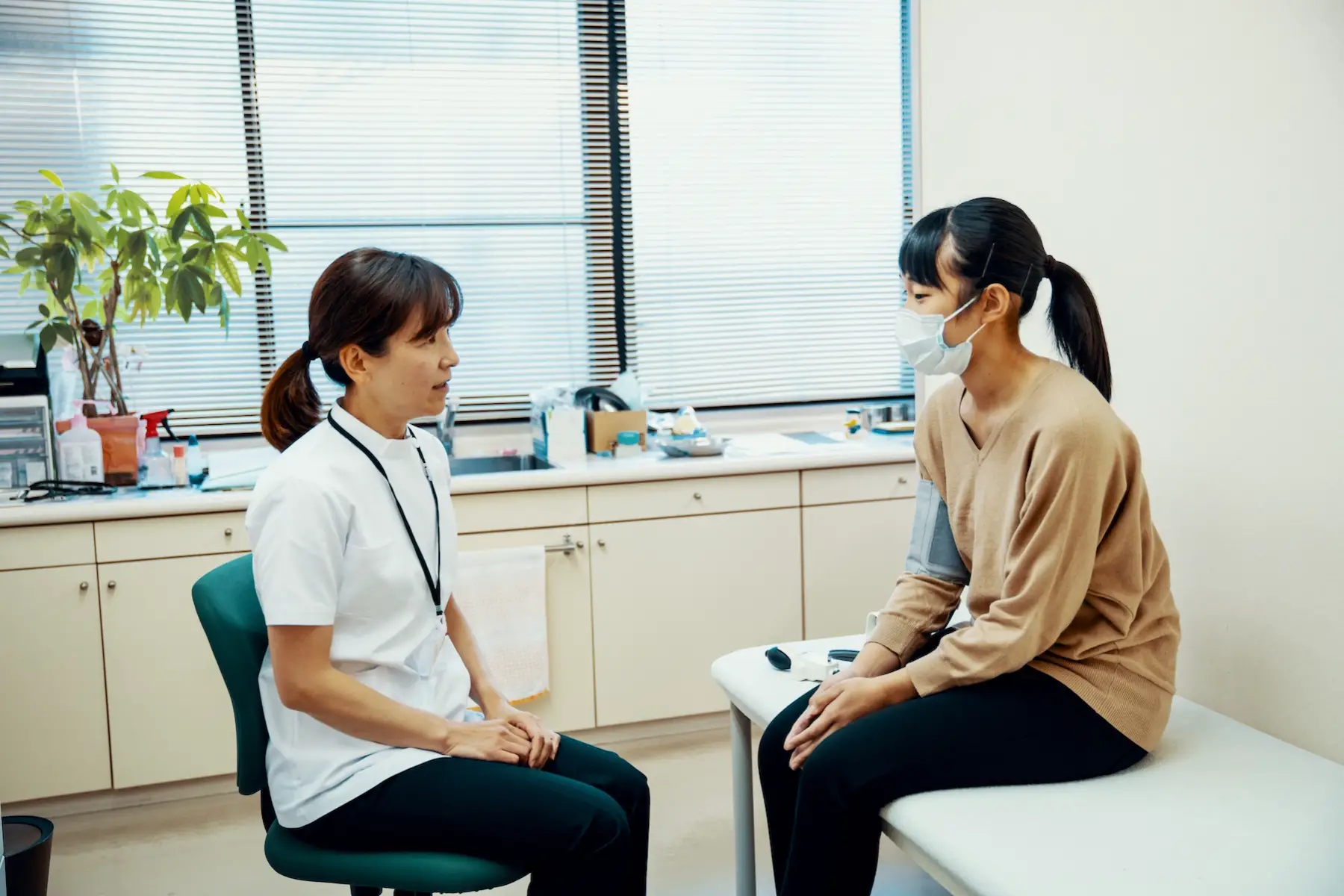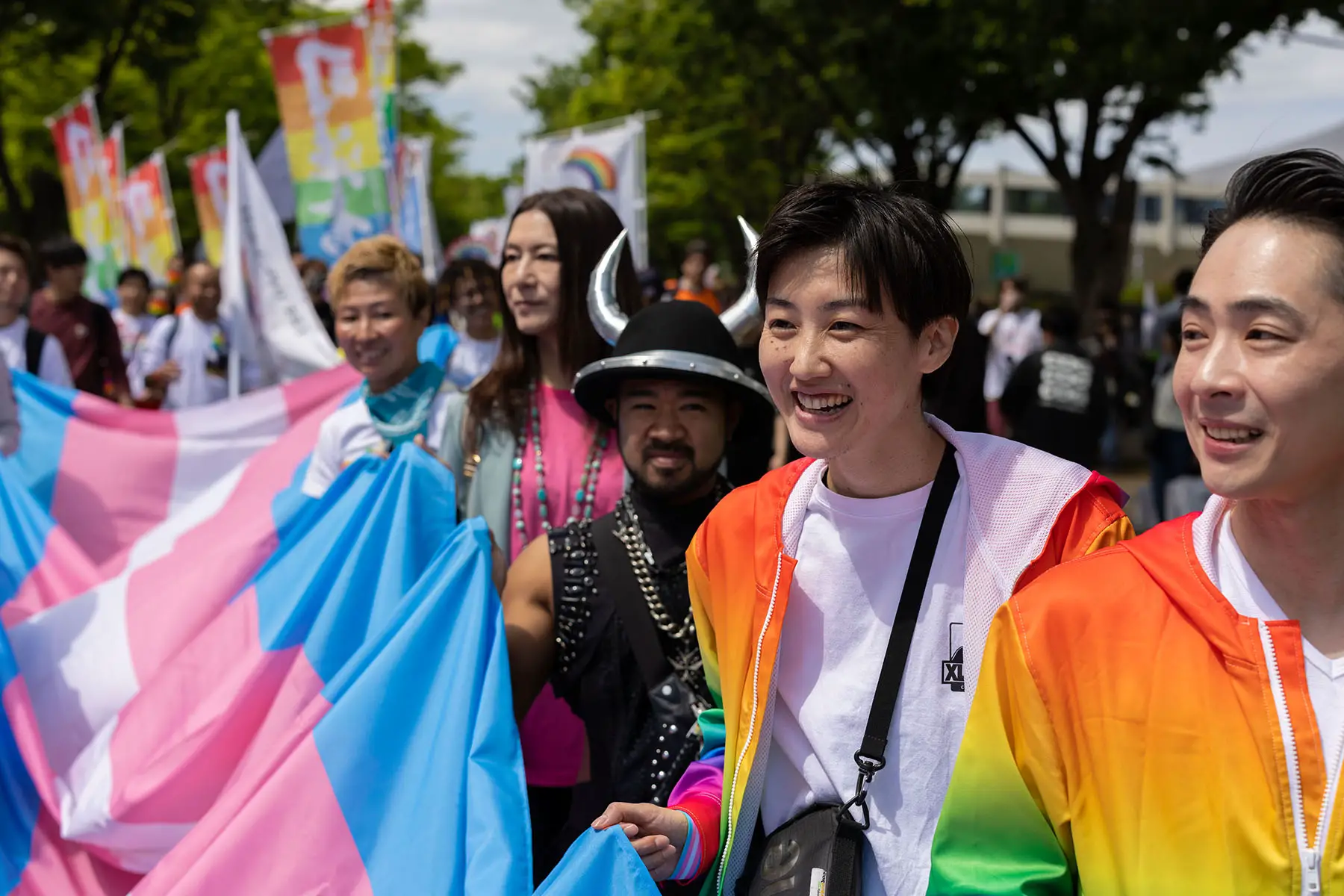Japan boasts a highly effective healthcare system and is one of the world’s healthiest countries. Patient satisfaction rates are high across a wide array of treatments and procedures.
However, while Japan remains one of the best countries to have a baby, other sexual health matters can be complicated. The country’s unique attitudes toward sex make it difficult to seek treatment. What’s more, there are not many specialist sexual health clinics in Japan.
Keep reading for more information on these topics:
- Japanese attitudes towards sex and sexuality
- Accessing sexual health services in Japan
- Japanese insurance for sexual and reproductive healthcare
- Contraception in Japan
- Pregnancy and childbirth in Japan
- Abortion in Japan
- STIs/STDs in Japan
- Japanese menstrual health
- Cancer screenings in Japan
- Japanese services dealing with sexual problems
- Services dealing with sexual abuse and assault in Japan
- Young people’s sexual health in Japan
- Japanese LGBTQIA+ sexual health
- Useful resources
Cigna Global
Want access to the best private medical services in Japan? Speak to the healthcare professionals at Cigna Global today and find a policy that’s right for you. Take advantage of their global network of doctors, specialists, therapists and more with coverage tailor-made for you and your family. If you’re starting a new life in Japan, get peace of mind with Cigna Global.
Japanese attitudes towards sex and sexuality
In Japan, you may find unique and seemingly contradictory attitudes toward sex and sexuality. While sexual desire is considered taboo, Japan has a thriving pornography market. Furthermore, a 2022 survey found that almost half of Japanese men have used commercial sex worker services.
Meanwhile, around 45% of Japanese adults ages 20–49 have not had any sexual partners in the last year. The Japanese are among the world’s least sexually satisfied. The country’s birth rate is consistently falling, which researchers attribute to the economic burden of raising children.
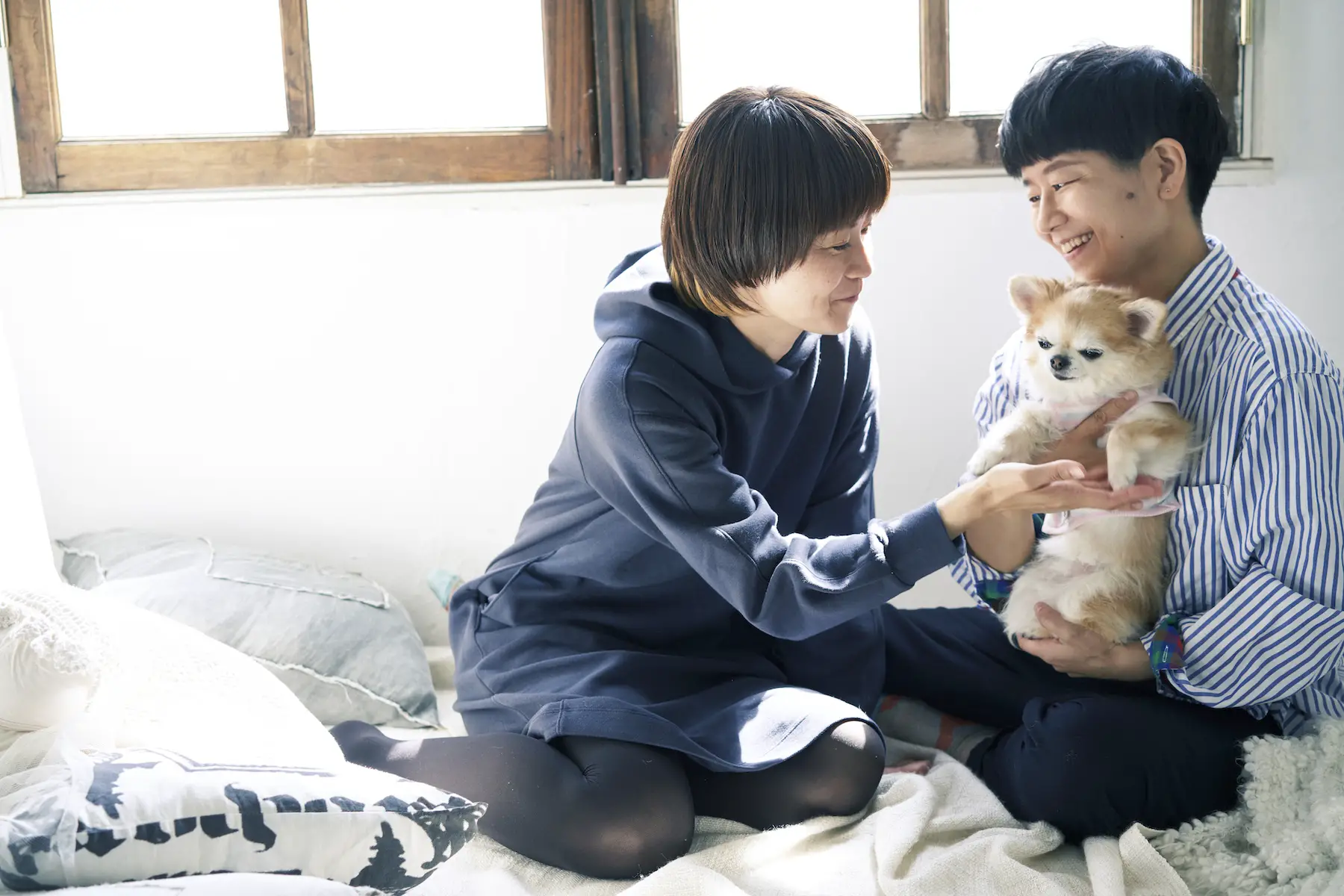
Japanese attitudes toward sexual orientation are also unique. While there is a visible history of LGBTQIA+ communities in Japan, the country does not currently recognize same-sex marriages. It also does not legally prohibit harmful practices like discrimination or conversion therapy.
Moreover, Japan is a patriarchal society with one of the highest levels of gender inequality among highly developed countries. In short, it is a sexually liberal yet gendered country that is both permissive and private on matters of sex and sexuality.
Accessing sexual health services in Japan
Everyone living and working in Japan has access to certain sexual health services subsidized by public healthcare insurance. These services are primarily offered at specialist clinics or in hospitals by referral. As such, navigating sexual health services is much the same as accessing the general healthcare system in Japan.
Most sexual health services come from a urologist, gynecologist, or obstetrician. Both are available by referral from an internal medicine professional based at your local practice. Alternatively, general public health centers (保健所, hoken jo) also offer free, anonymous testing and advice.
There are alternative ways to access sexual health services in Japan without going through the general healthcare system. Private sexually transmitted infection (STI) clinics (性感染症内科, sei kansensho naika) provide a wide range of treatments and speak English as well as other languages.
Japanese insurance for sexual and reproductive healthcare
Japan’s national healthcare system reduces the cost of medical bills and prescriptions by 70%. It covers many sexual and reproductive services. All Japanese residents must legally enroll in an insurance program. Enrollment happens either through an employer or means-tested national insurance. Anyone in Japan for over three months must take out one of these forms of insurance.
National health insurance covers testing and medication for recognized conditions, including STIs and HIV. Always carry your health insurance card (保険証, hoken sho) as, otherwise, you must pay in full. Unfortunately, insurance doesn’t often cover symptom-free screening.
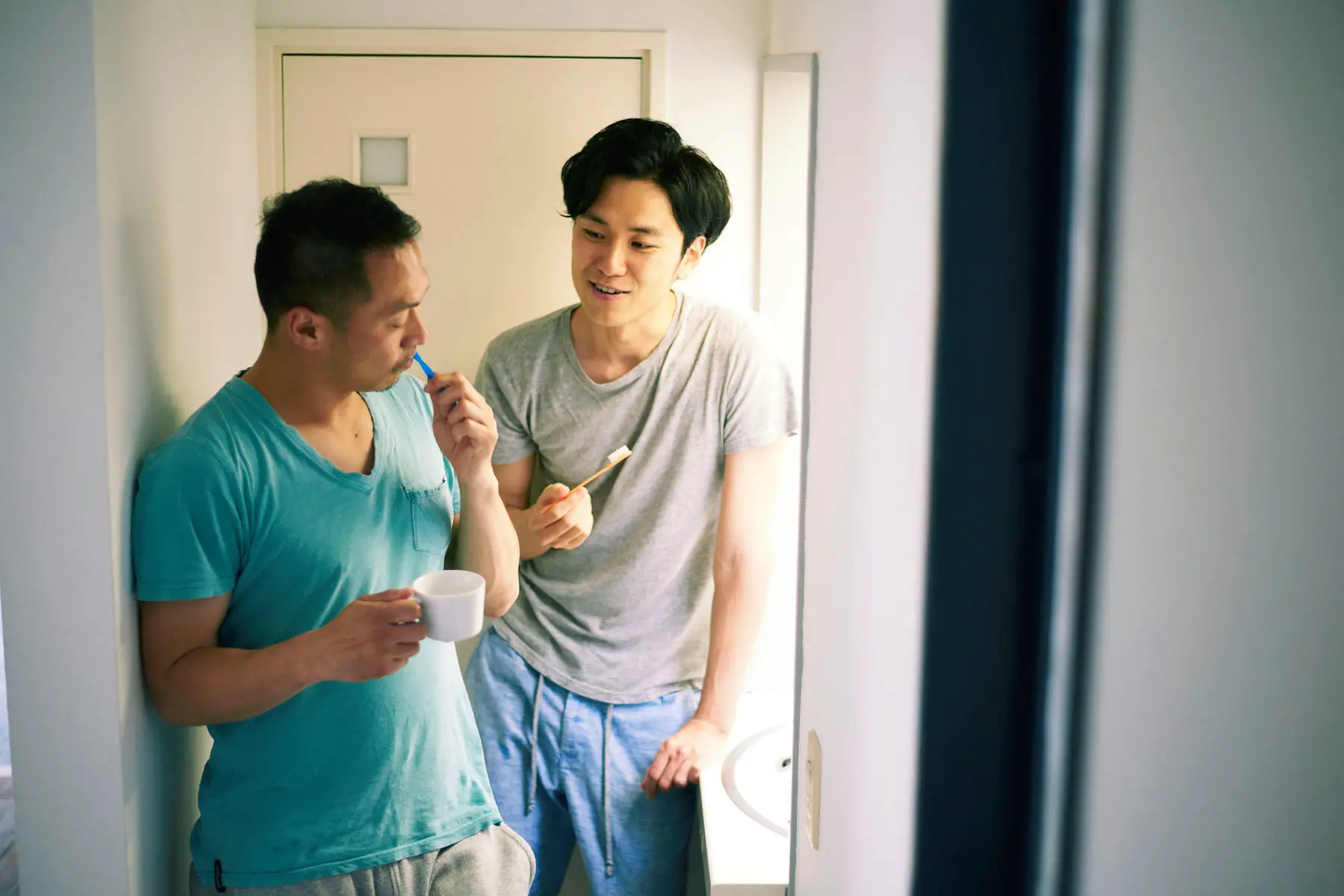
Japan differs from many countries that offer annual sexual health checkups or quick STI tests. If you’d like a routine sexual health checkup but do not have any symptoms, you have to pay up to ¥20,000–30,000 out of pocket. Private health insurance can help cover the costs of testing and treatment. Otherwise, alternatives include free and anonymous public health centers with varied services and hours.
You have many options for private health insurance providers operating in Japan, including:
Contraception in Japan
Residents of Japan have access to a variety of contraceptive measures. Condoms are by far the most prevalent and are available at drug stores, supermarkets, and convenience stores.
The withdrawal method is also widely used and promoted. It’s even classified as a “traditional contraceptive method” in Japan. However, it’s important to note that withdrawal isn’t as effective as other means of birth control and doesn’t protect against STIs.
As for other forms of contraception, it’s rare to find female condoms in Japan. Intrauterine devices are available at select clinics. These include uterine coils and vaginal rings. Birth control pills have only been legal in Japan for 23 years and are relatively uncommon.
You can get the pill through a gynecologist appointment. The price is up to ¥3,000 per month, and national insurance does not cover it. Widespread brands include Marvelon (マーベロン, Maberon) and Ortho (オーソ, Oso), among others. Consult your gynecologist in Japan for more information.
Similarly, the morning-after pill is available in Japan. It costs up to ¥10,000 with a gynecologist appointment. However, most clinics close early on weekdays or entirely on weekends, making the pills difficult to get in an emergency.
Pregnancy and childbirth in Japan
Japan is one of the safest places to give birth. While not technically covered by insurance, birthing is heavily subsidized with incentives and grants. Parents receive a lump sum childcare allowance (出産育児一時金, shussan-ikuji ichiji kin) of ¥500,000 and access to advice from their local healthcare provider at every step. This advice includes routine checkups, parenting education, and home visits. After birth, a similar level of care and check-ups continues.
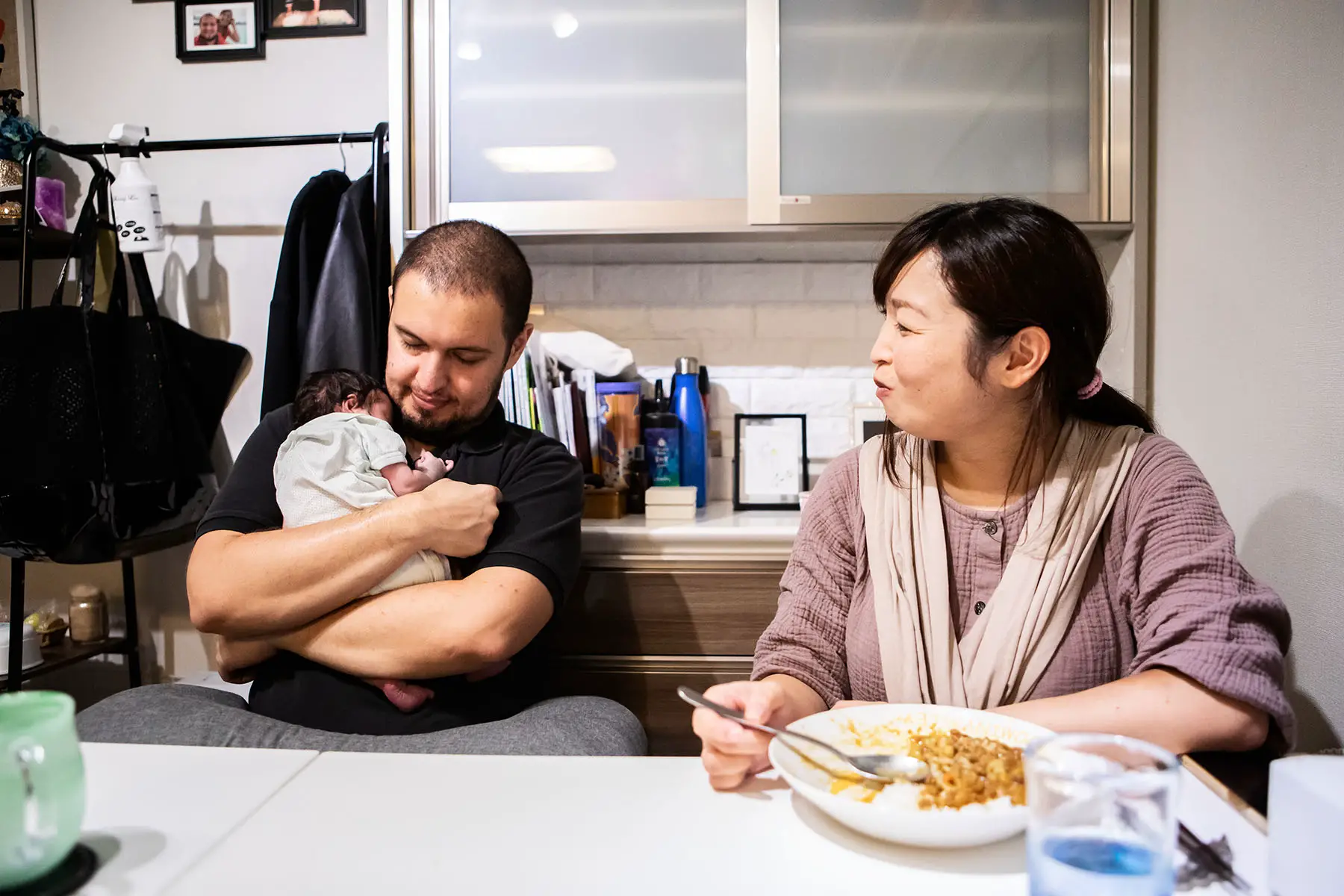
Hospital births are the most common in Japan. Unique Japanese customs surrounding birth include “birth homecoming” (里帰り出産, satogaeri shussan), where the mother returns to their natal home before and after pregnancy.
Abortion in Japan
Abortion is legal in Japan. However, under the Maternal Health Act of 1948, the procedure is only performed if the health of the child or mother is at risk, will cause economic hardship, or is the result of rape. Abortions must be carried out within 22 weeks from the pregnant person’s last period and, in some cases, require the partner’s permission.
Japan does not have specialist abortion clinics. Instead, local hospitals or health clinics perform the procedure. The surgery costs between ¥100,000–200,000 and is not supported by public healthcare.
As of April 2023, the abortion pill (mifepristone and misoprostol) is available in Japan for the first time. Pregnant people can use it up to the nine-week mark, and it costs about ¥100,000 with medical consultation.
STIs/STDs in Japan
As in most countries, sexually transmitted infections (STIs) also exist in Japan. The most common STI in the country is chlamydia, followed by gonorrhea, genital herpes, and genital warts.
In Japan, STI tests are available at local clinics that deal with sexual health matters. Some clinics even offer mail-in test kits. National insurance covers testing only when symptoms are present. If your partner tests positive and you’d like a test, it is up to the doctor whether or not insurance can be applied. Get in contact with your local clinic to book an appointment for diagnosis.
Insurance covers the cost of approved treatments for STIs. However, it won’t cover alternative treatments or imported medicine.
HIV and AIDS
Japan has a robust testing and treatment service for HIV. In 2019, the National Institute of Infectious Diseases (NIID – 国立感染症研究所, Kokuritsu Kansensho Kenkyujo) reported 903 new cases of HIV and 333 of AIDS in Japan.
However, the infection rate has been flat or declining since it peaked in 2013, and most new cases are now contracted abroad. Roughly 30% of new cases are diagnosed with AIDS onset, meaning that many HIV cases go undetected.
HIV testing in Japan is available free and anonymously at public health centers. These services are available during limited hours and days of the week. If you receive a positive result, the testing site will refer you to a doctor for confirmation.
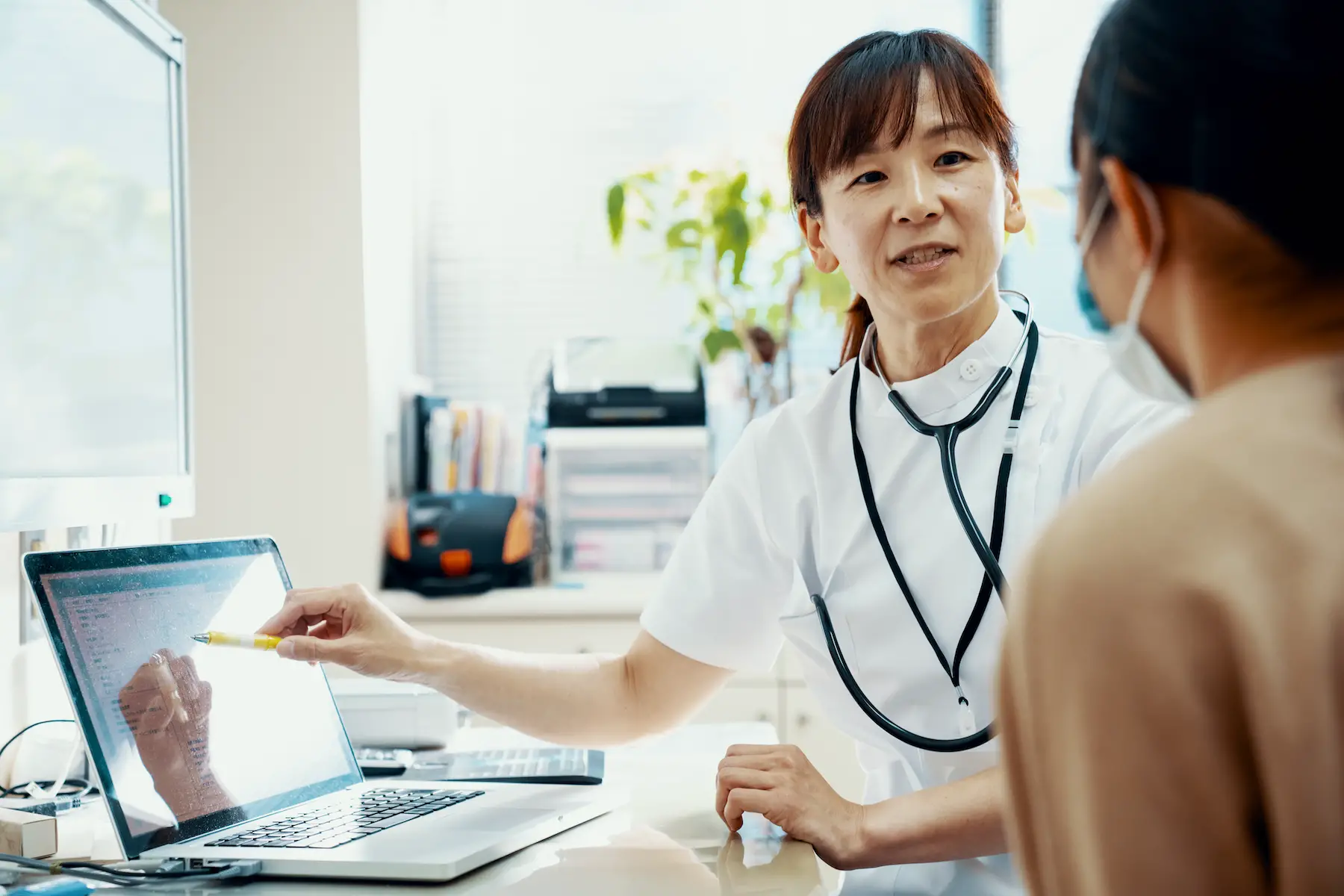
Hospitals usually admit patients after they are diagnosed with HIV or AIDS. As for treatment, medication can be costly in Japan, even with the help of subsidies and insurance. Depending on income levels, monthly costs can reach ¥5,000–20,000.
There are no restrictions or limitations for those with HIV or AIDS arriving in Japan. Notifying your workplace of your illness is not mandatory unless it pertains to your job.
Japanese menstrual health
There is a wide range of feminine hygiene products available in Japan. These include sanitary pads, tampons, menstrual cups, sponges, and washable pads.
Menstrual products (生理用品, seiri yohin) are universally available at drugstores, supermarkets, and online retailers alongside other women’s healthcare products. Japan also sells disposable heating pads to relieve cramps. If basic painkillers and relief methods are not working, you may want to contact your doctor for help with your period pain.
Cancer screenings in Japan
The most commonly occurring types of cancer in Japan are breast, prostate, and colorectal. Therefore, sexual health services are essential to fighting cancer rates in Japan. Thankfully, with the promotion of age-related screening, survival rates are good.
How to get cervical cancer screening
Cervical cancer is the 11th leading cause of death for women in Japan. In 2023, the country reported 12,785 cervical cancer diagnoses and 4,213 deaths.
Japan recommends regular screening for cervical cancer every two years for adults with cervixes. This involves a pap test performed by a gynecologist or with an at-home self-sampling kit.
Getting a breast cancer screening
Although rates are relatively low in Japan, breast cancer is still the most prevalent cancer in women. There were 95,620 cases of breast cancer in 2018. As such, the Japanese healthcare authorities recommend a mammogram every two years for people with breasts.
Prefectures mail free test invitations to local residents or provide similar programs for clinical breast examinations. Book an appointment at a clinic for a discussion and mammogram.
Booking an ovarian cancer screening
Ovarian cancer is difficult to detect and often diagnosed at an advanced stage. There are generally two methods: blood tests and ultrasounds. It had a growing incidence rate in Japan of 15 per 100,000 women in 2013. More up-to-date information is not available.
If you have symptoms or concerns, it’s important to book a visit to a gynecologist or get a hospital referral for testing. Your appointment will likely include a pelvic exam to record the size and condition of the ovaries.
Checking for prostate cancer
Instances of prostate cancer are growing in Japan. However, mortality rates are relatively low. The Japanese Urological Association (JUA) recommends regular screening for at-risk patients. These include people with prostates over 50 years of age and over 40 with a family history of this type of cancer.
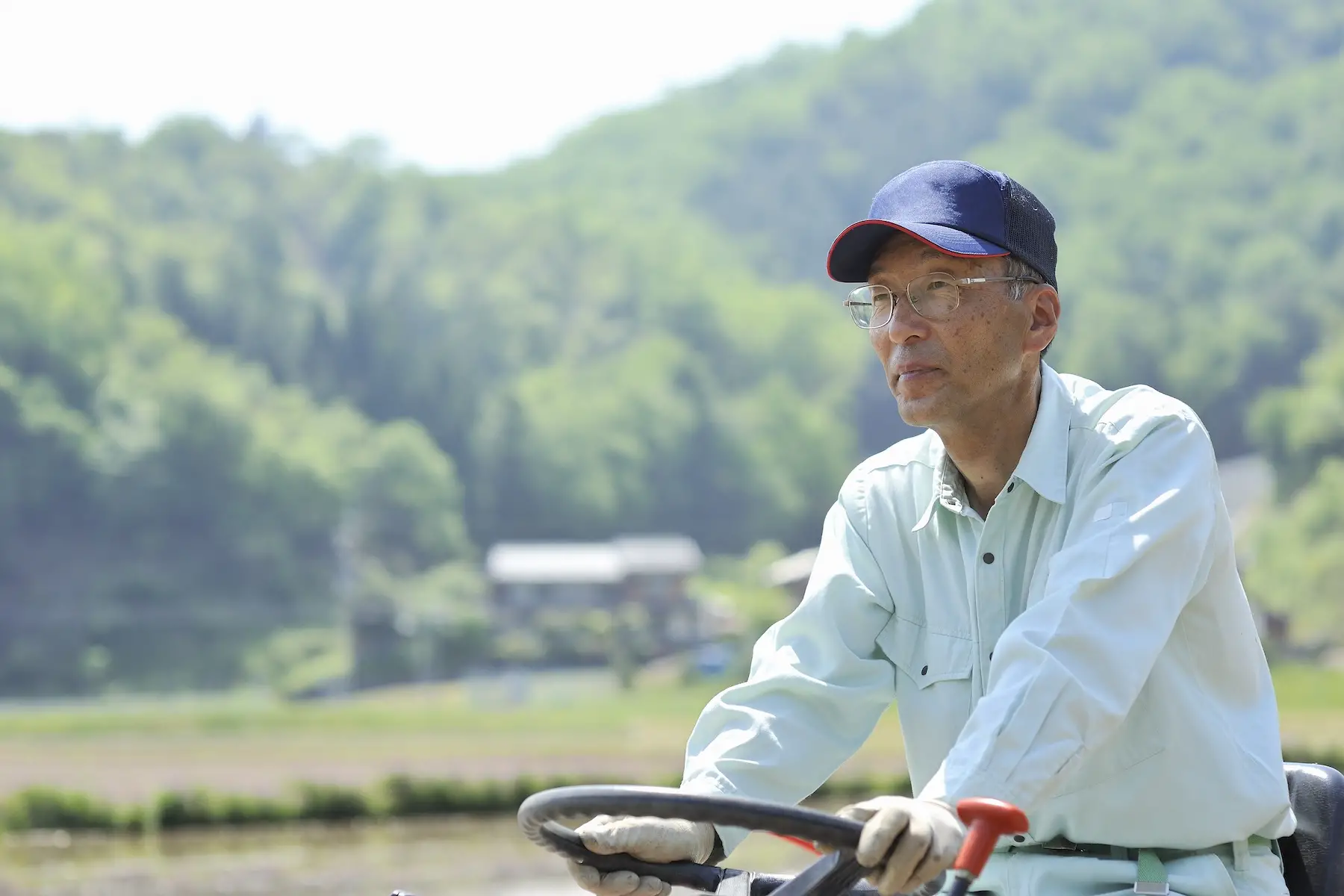
A Prostate-Specific Antigen (PSA) test is the most accurate way to check for cancer. It measures the amount of prostate-specific antigen in the blood. However, a digital rectal exam (DRE) first checks the size of the prostate. These are both performed at urology clinics and hospitals.
Screening for testicular cancer
Testicular cancer has a very high survival rate. However, it is becoming more prevalent in Japan. There were 2,458 testicular cancer cases reported in 2020. Testing requires a referral to a urologist. It’s important to seek testing as soon as any symptoms appear.
In general, testicular cancer presents as a lump or swelling and the patient often discovers it accidentally. Blood and ultrasound tests then confirm a diagnosis. You can book these through your local health clinic.
How to get tested for penile cancer
Like in most countries, penile cancer is extremely rare in Japan. Most cases of the disease begin with squamous cell carcinoma, a form of skin cancer. There is no regular public screening recommendation for it in Japan. However, if you exhibit any symptoms, contact your internal medicine practitioner for a referral to a urologist.
Japanese services dealing with sexual problems
Your primary doctor is the first line for sexual health concerns in Japan. However, Japanese health insurance does not cover sex therapy, counseling, or other psychological treatments. There are a wide variety of counseling and therapy clinics dedicated to sexual and relationship issues (セックス・セラピー, sekkusu serapi). A general counseling session in Japan costs from ¥5,000–20,000.
The following services help with sexual problems in Japan:
- Bright Life Aoyama provides sex therapy
- Japan Society of Sexual Sciences provides a list of sex therapists
- TELL counseling offers relationship therapy
Erectile dysfunction treatment
Urology and andrology specialists diagnose erectile dysfunction in Japan. They can prescribe treatments like Viagra, also known as sildenafil, upon consultation. Erectile dysfunction treatment is not available over the counter in Japan, so you must consult a doctor.
Services dealing with sexual abuse and assault in Japan
The Japanese government has programs and procedures to help victims of sexual assault. There are strict mandatory fines and prison sentences for offenders. Local police stations accept formal reports of incidents and require as much information as possible.
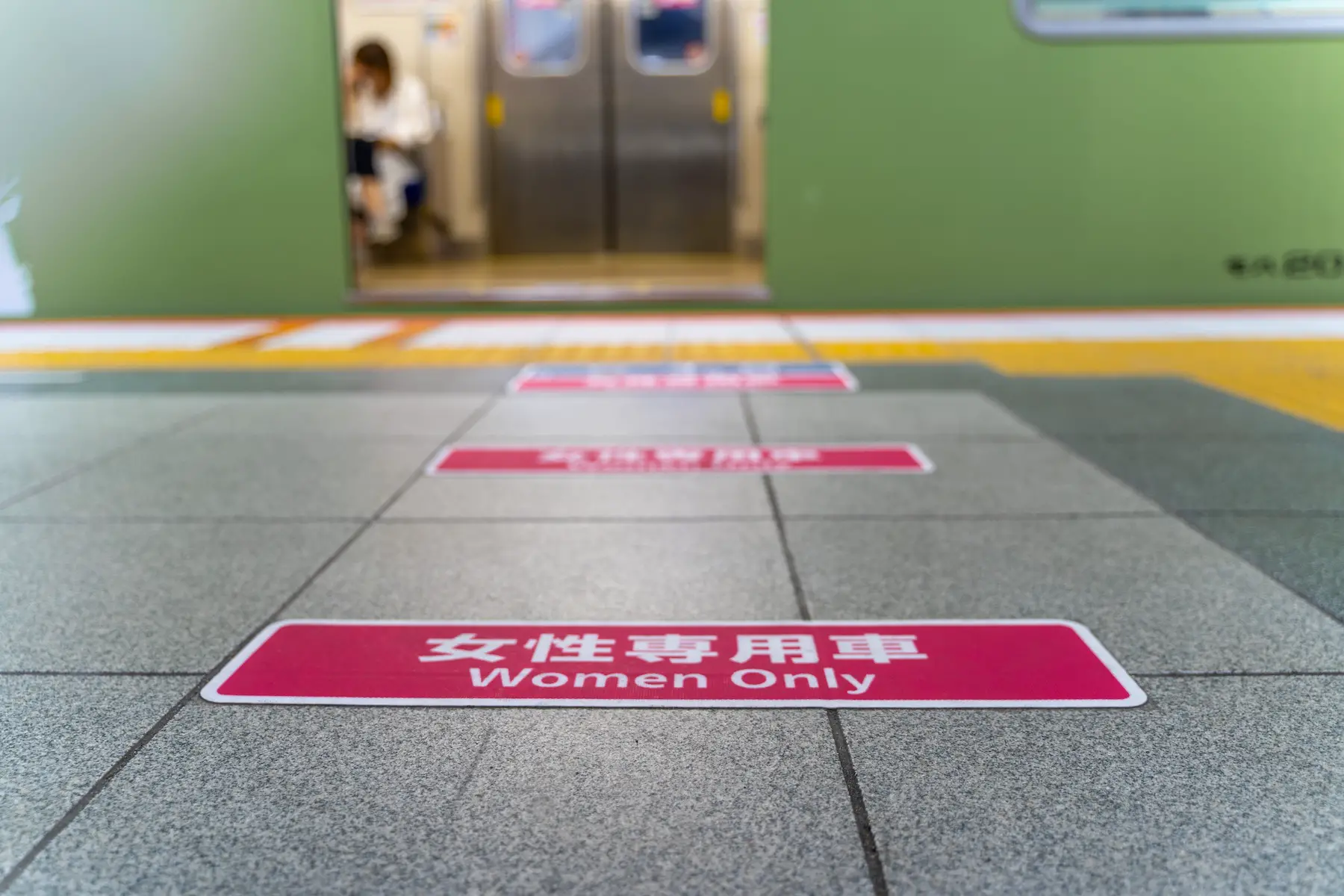
For victims, going through a support agency may make reporting and coping with sexual assault easier. A range of non-profit organizations and self-help groups help with psychological trauma, legal issues, and finding shelter. These include:
- Himiwari Tokyo – offers free information on medical institutions in multiple languages at 03-5285-8181
- Japan Legal Support Center – legal advice in Japanese and English at 0570-078377
- Rape Crisis Center of Tokyo – counseling, legal, and health advice in Japanese and English at 03-3207-3692
- Sexual Assault Relief Center Tokyo (SARC) – available in Japanese and English at 03-5607-0799
- Tokyo English Life Line (TELL) – a support line available in multiple languages at 03-5774-0992
- Yorisoi Hotline – a helpline in multiple languages at 0120-279-226
You can also dial 098-975-0166 for information on the closest services. If you are in danger, contact the police at 110 or try one of Japan’s specific emergency numbers. You can ask for a translator as needed. Get to the nearest emergency room immediately if you believe you or someone you know has been drugged.
Young people’s sexual health in Japan
Sex education
Sex education first arrived in Japanese classrooms in 1992. Yet, the modern standard in Japan falls short of the United Nations’ (UN) international sexuality education guidelines.
The UN recommends basic reproductive education starting from 5 to 8 years of age. However, Japanese students only begin learning about puberty, menstruation, and semen in 4th grade (9 to 10 years old). 5th-grade science classes then teach scientific reproductive lessons (10 to 11 years old). Junior high school students (from 13 years old) learn about sex and pregnancy.
Youth sexual health
Japan has one of the world’s lowest teenage pregnancy rates. However, syphilis cases are rising among both youth and the general population. A lack of education on sexual health and contraception is the likely link.
Sexual health services for youth in Japan
There are few specific support networks for sexual matters in Japanese schools. Health and science classrooms generally cover sex-related questions. Recent nationwide efforts are trying to invite gynecologists, midwives, and nurses to visit Japanese schools.
Japanese LGBTQIA+ sexual health
Same-sex relationships
While Japan is considered safe for the LGBTQIA+ community, the experience differs significantly from what you might find in Northern Europe, for example. Sexual activity between any two consenting adults is legal, regardless of sexual identity or orientation. However, same-sex marriage is still not legal in Japan.
Some municipalities, including Tokyo, recognize gay and lesbian partnerships. These afford couples some legal recognition, but it’s still not equal.
Social acceptance of homosexuality in Japan rose from 54% in 2002 to 68% in 2019. These results skewed to 92% for respondents under 30. While there is still much work to be done in terms of official representation, many Japanese cities have thriving queer scenes. For example, Tokyo’s Shinjuku Ni-chōme neighborhood is known as the social hub of the city’s LGBTQIA+ community.
LGBTQIA+ sexual healthcare services
Like in many countries, it’s typically easier to find LGBTQIA+ sexual health services in major metropolitan areas of Japan.
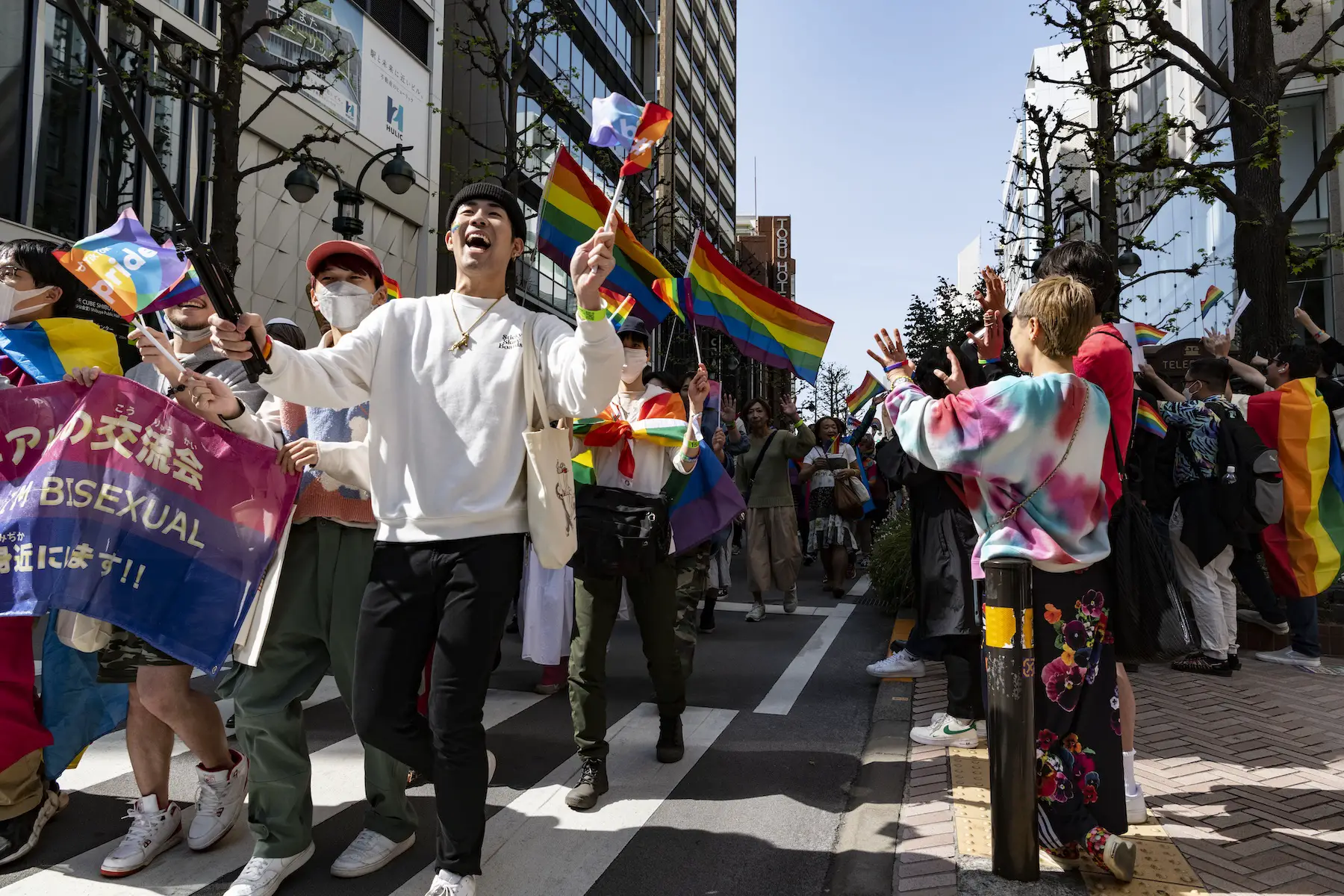
The following are at hand to help with LGBTQIA-friendly sexual health:
- Japan HIV Center – a nationwide non-profit with living centers in Tokyo and Osaka (大阪) that offers a free support helpline, among other helpful resources
- H.POT – a multi-lingual resource on HIV in Japan
- Shirakaba Clinic – a Tokyo-based LGBTQIA-friendly clinic
In 2019, the Japanese government included gender-affirming surgery under the national healthcare system. If you meet the qualifications and requirements, surgery costs are at least partially covered under Japanese public insurance. Stonewall Japan provides a list of resources for trans people living in the country and seeking hormone replacement therapy (HRT) or surgery.
Useful resources
- Tokyo Sexual Health – provides information on city-wide centers
- Shinjuku Health Center – free-to-use STI testing clinic in Tokyo’s Shibuya district
- Sex Work and Sexual Health (SWASH) – an organization for women and trans sex workers that promotes STI prevention and intervention
- Stonewall Japan – resource for HIV testing clinics across Japan
- Japan Association of Obstetricians and Gynecologists – a group of physicians working to promote women’s sexual healthcare
